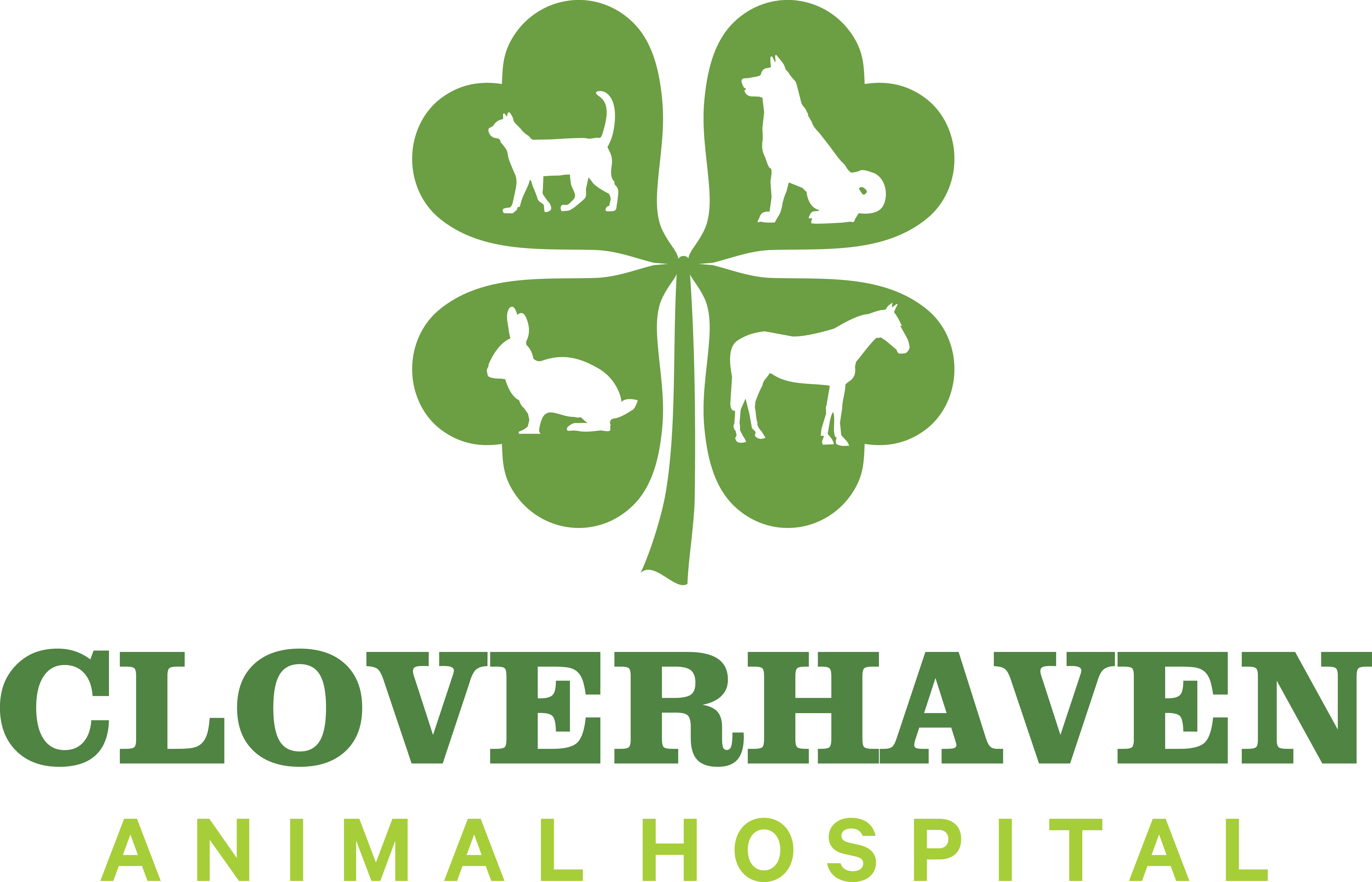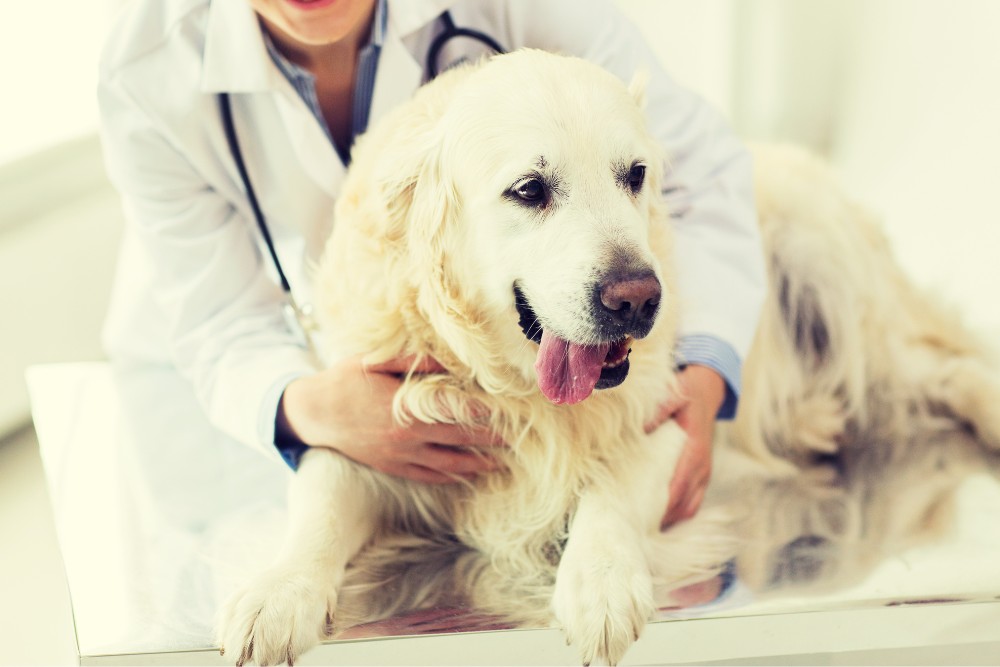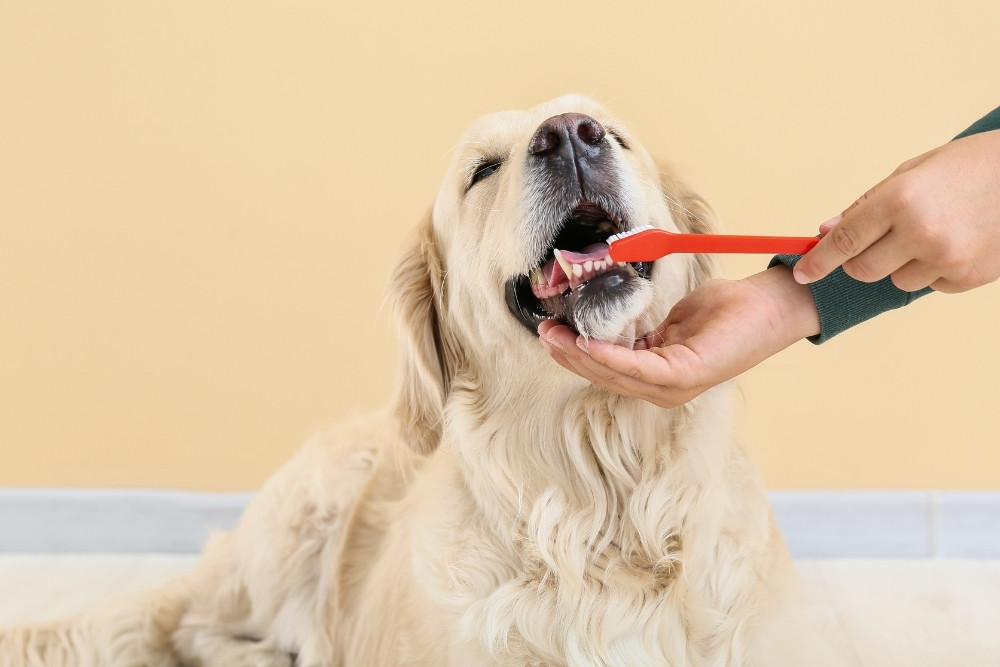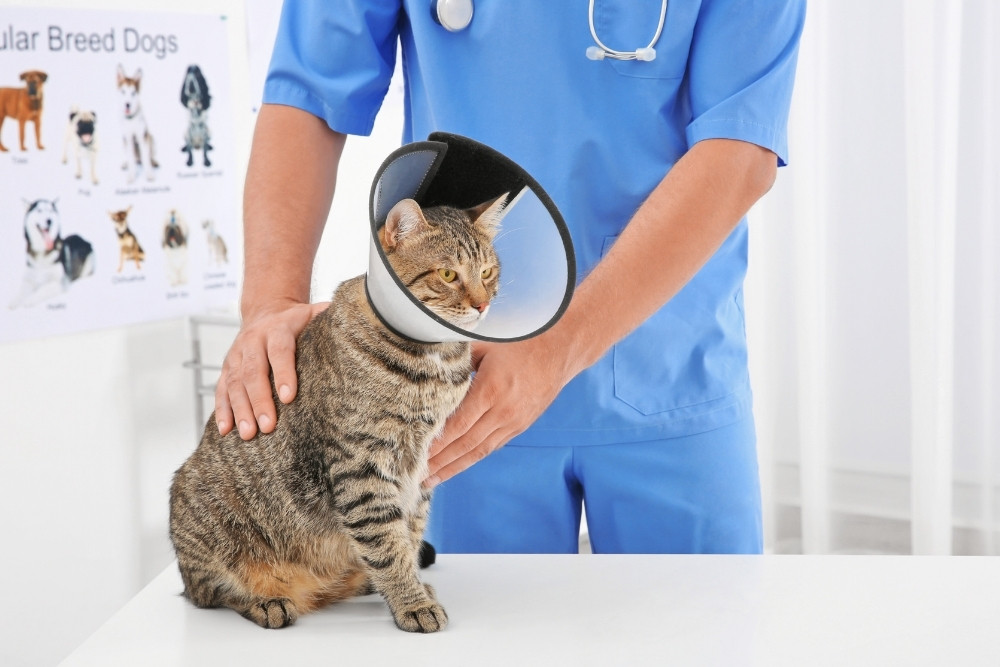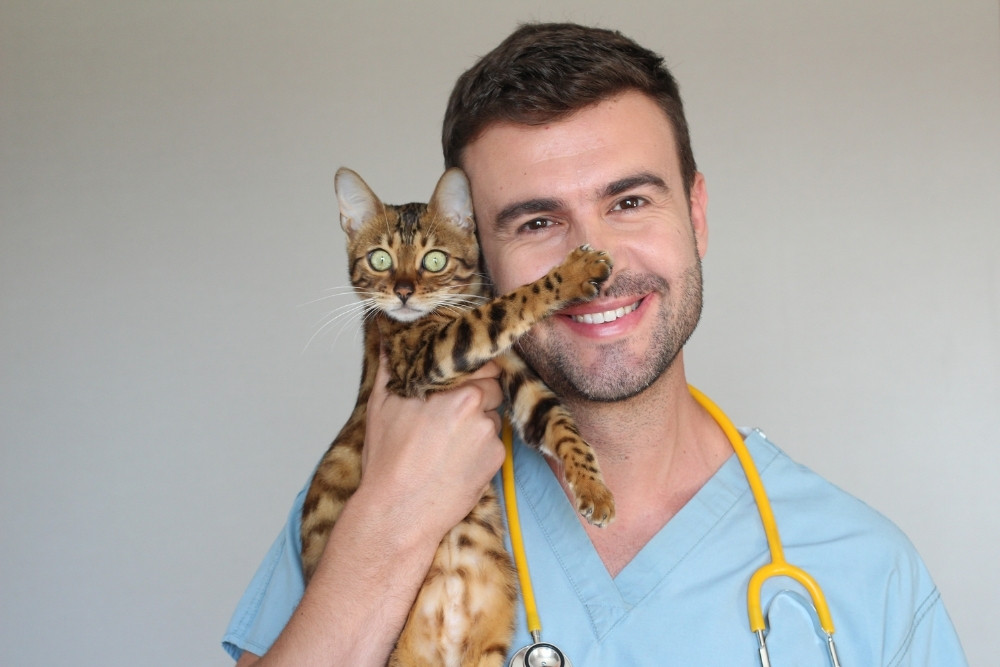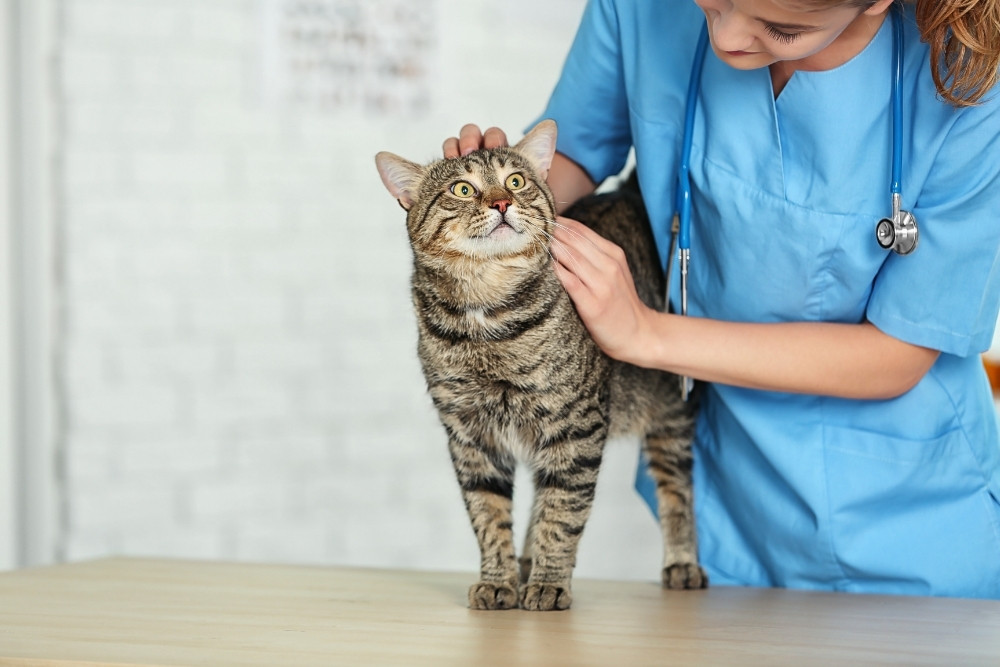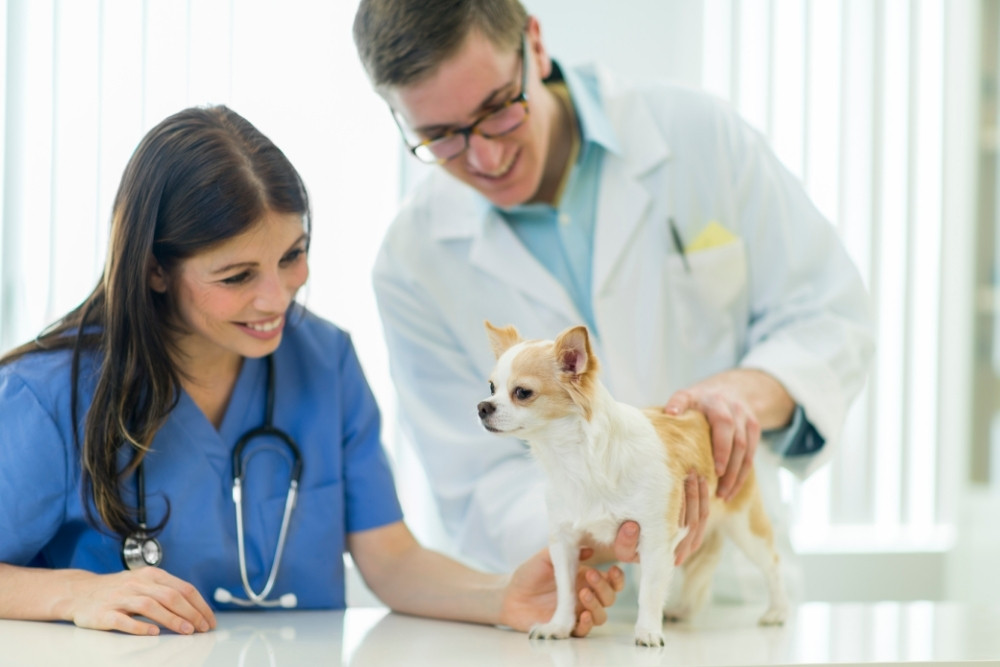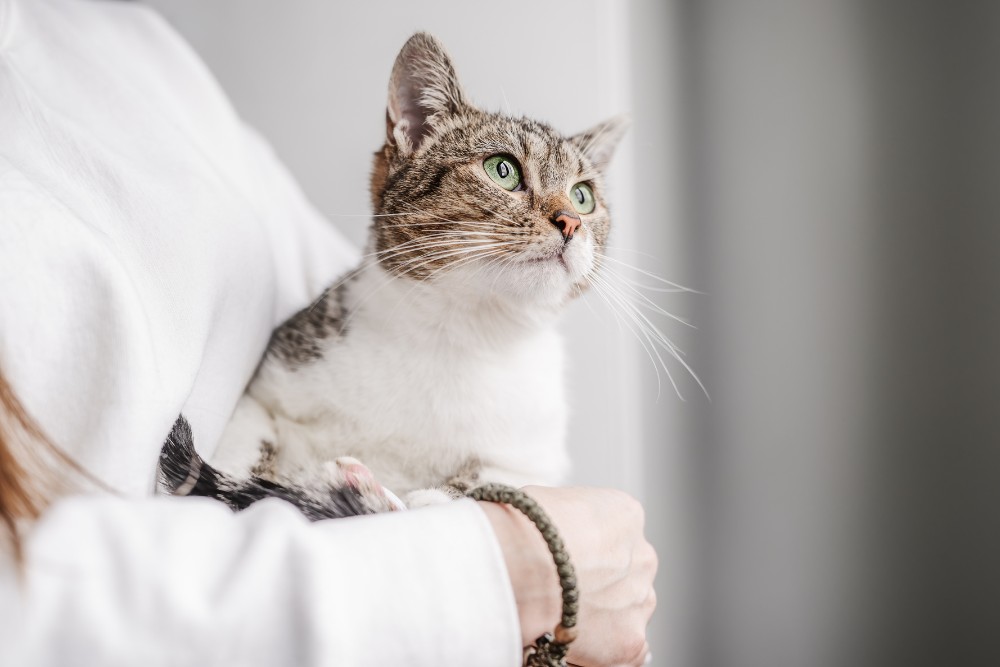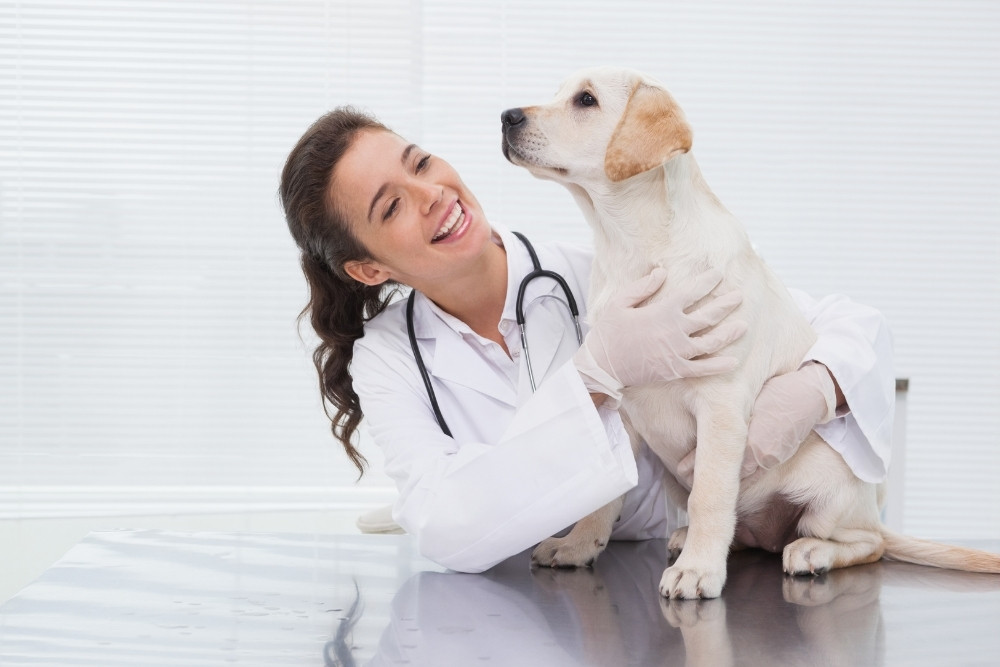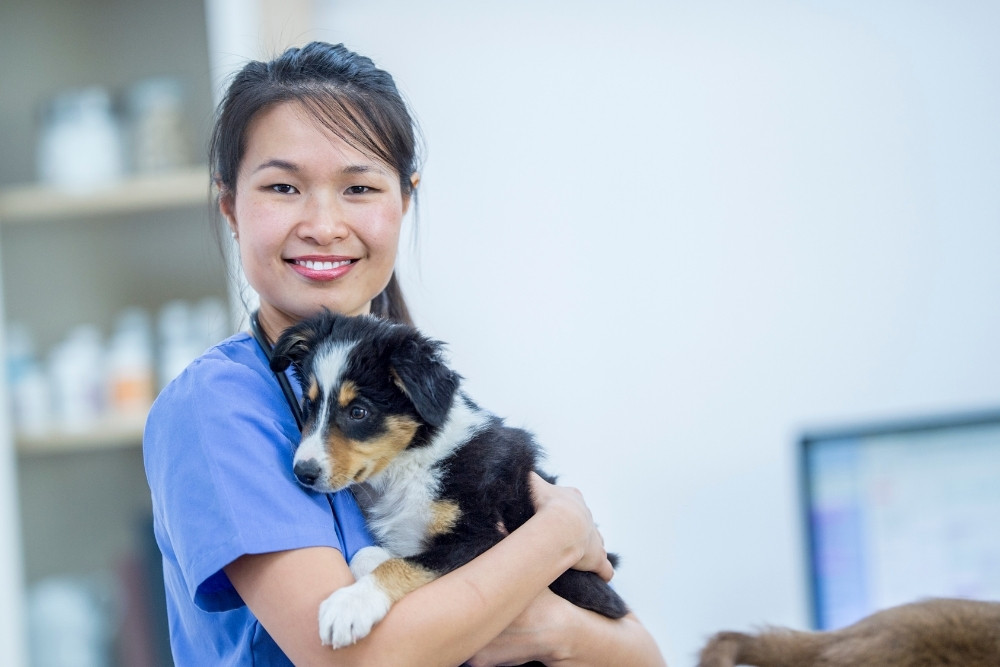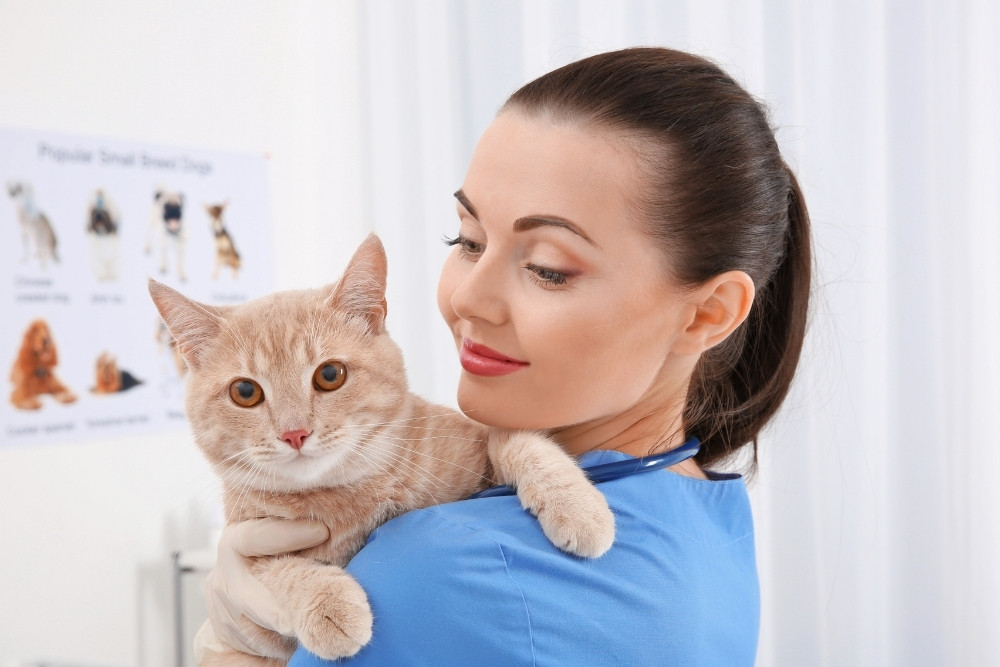Our Services
Wellness Visits
Preventative care can be the best medicine for your pet. That’s why we offer a variety of services to help keep them healthy and safe. With our preventative care services, you can reduce your pet’s risk of developing illnesses and provide them with the best possible lifestyle.
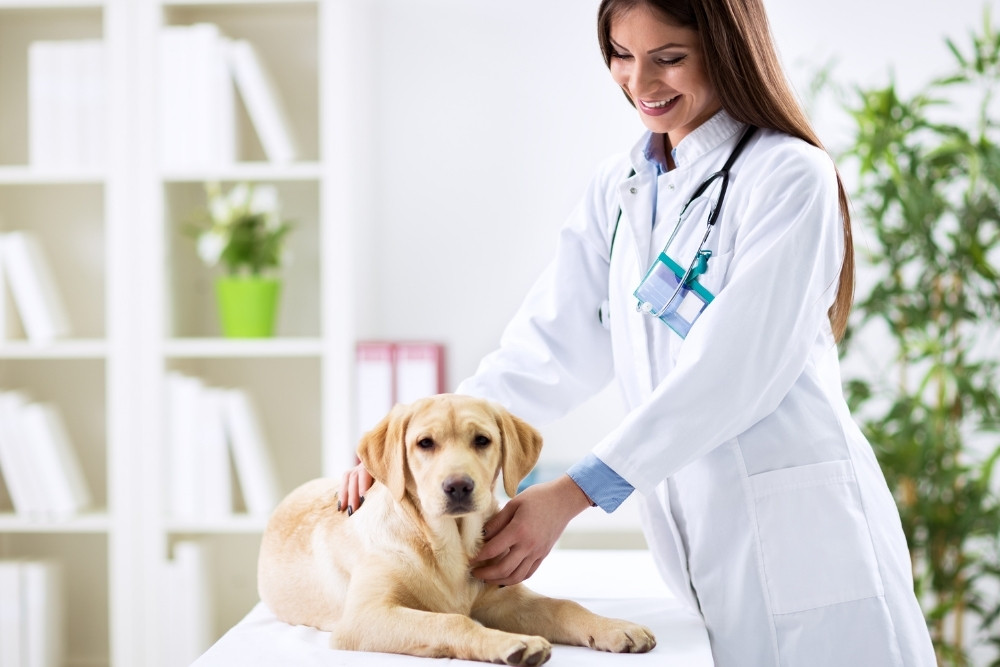
Pet Parasite Control

Pet Nutrition Counseling
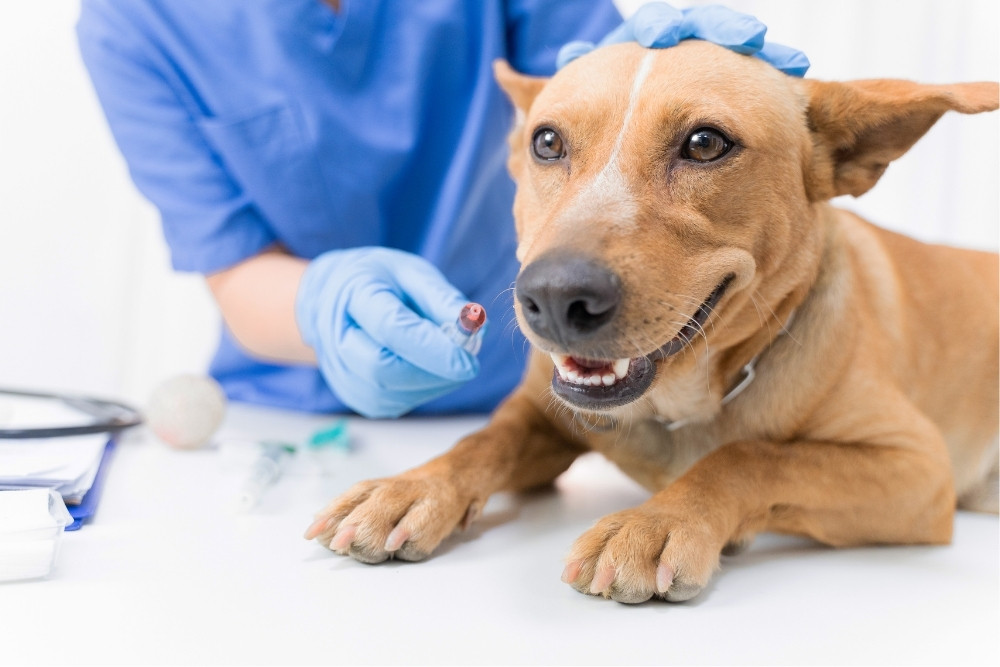
Pet Vaccination
What to Expect
Learn more about how often you should visit your veterinarian and what to expect during surgical procedures.
Care
We recommend yearly check-ups and vaccinations for your pets. Pets that have ongoing medical problems such as heart disease, kidney disease, liver disease, Cushing’s disease, thyroid disease, diabetes, or any other disease should be seen on a more frequent basis (we recommend at least every six months). Pets on certain long-term medications (pain, chemo drugs, phenobarbital, thyroid, anti-fungals, and certain antibiotics) require regular blood work to check liver and kidney enzyme levels. Senior pets require special medical attention. We recommend senior profiles (complete blood count, blood chemistry analysis, urinalysis, thyroid function, EKG, and radiographs) for all our aged pets. If we “catch” problems early, we will help your beloved pet live a longer, healthier, happier life.
Surgery
When your pet needs surgery, we are always concerned about safety. All pets will be offered pre-anesthetic bloodwork before anesthesia to ensure no underlying disease process is present. IV catheters are provided to every patient, and when placed, intravenous fluids are given during the entire surgical procedure and post-surgery when necessary. Surgical patients are monitored with an EKG, pulse oximetry, temperature monitor, and respiratory monitor. Each patient is evaluated for the correct pre-anesthetic drug. All surgical patients are given pre-emptive pain medication and will go home with pain medication.
